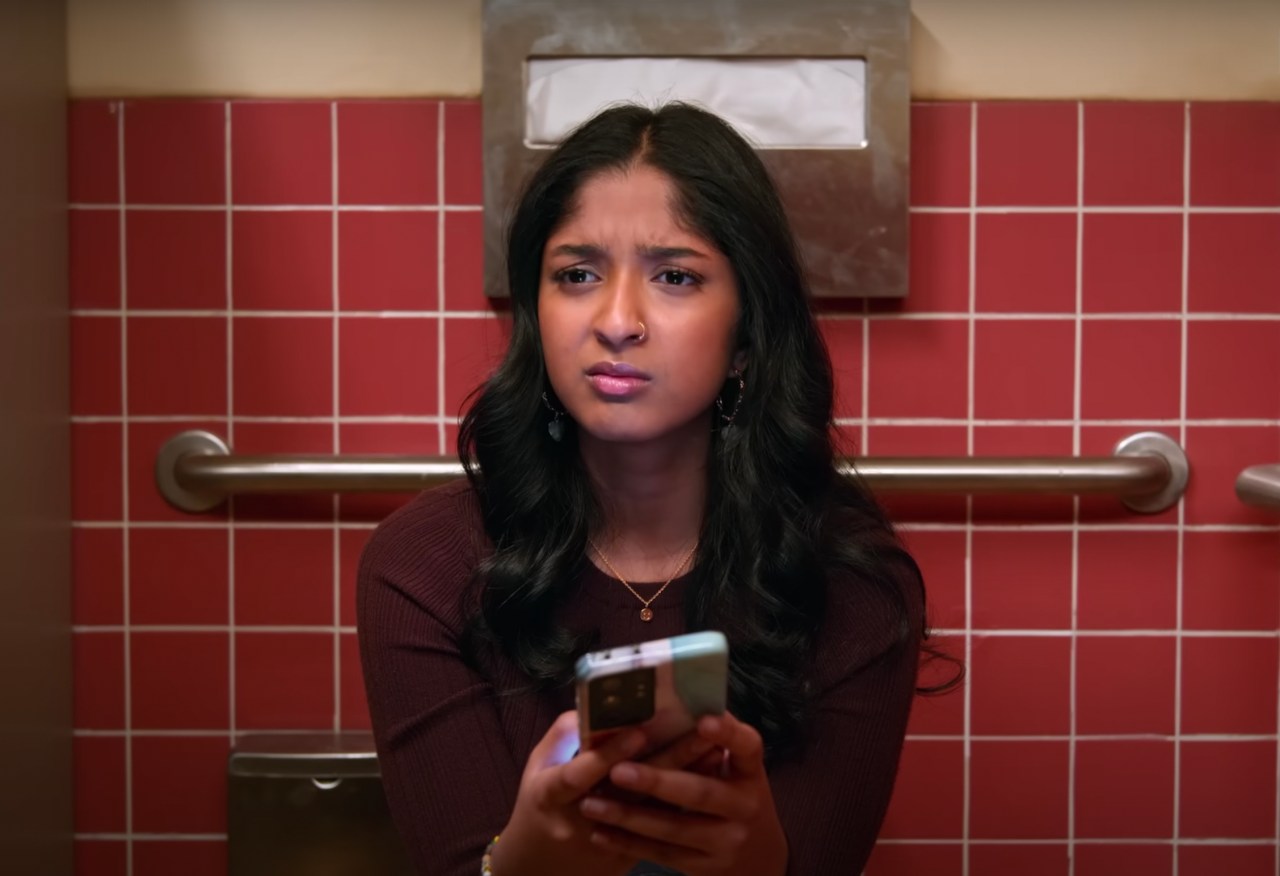
Hot Take: Sometimes The Best Characters Are The Most Unlikeable
There is something about the shared experience of watching TV shows. I grew up watching Casi Angeles, an Argentinian novela, and discussing it with my friends the next day at school, and we still talk about it today. Binge-watching and writing about the series as a whole on Twitter are not the same as focusing on one single episode and what may or may not happen next. Discussions like these are mainly on Twitter but also on apps like TVtime, where you can keep track of what you have watched and leave comments. I have written multiple comments, but mostly for series that release weekly because when I binge watch I don’t have the downtime to write about them—the next episode is in 3,2,1. People may agree with you, people may not, but everyone has an opinion, and not every series deserves a think piece. Nevertheless, these interactions at the end of the day are the shared experience of TV that I loved when I was discussing the series as a child with my friends. The main difference is that now I discuss them with strangers.
Netflix dropped Never Have I Ever season 3 recently, and after binge-watching it, a thought crossed my mind: teenagers are, in fact, unlikeable. And some people are mad about it. The main character, Devi (Maitreyi Ramakrishnan), is the most likable unlikable character I have encountered. Her journey from season 1 to season 3 has been incredible to watch, and the way she courses through grief is inspiring. Throughout her whole journey, she makes mistakes, pisses off her friends, and is boy-crazy like any teenager, but on top of that she has to deal with losing a parent—one she watched die. Trying to be a teenager is tough enough without having to deal with such a huge trauma. On TVtime, people would point out how unbearable she was being in certain episodes or how the way she consistently screwed up pissed them off. And yes, it can be very frustrating to watch. But the teenage years are for screwing up. It’s the time when we learn about ourselves and try to label our emotions. Every single thing or feeling is raw and emotions run high. Adolescence is messy. Devi from season 3 is a much more grown human being, but she is not perfect, and that is exactly how trying to figure out oneself should be. Heck, I’m a long way from my teenage years and I’m still trying (hopefully with fewer mistakes).
Another character that made me reflect on these unlikable teenage characters is Tao (William Gao) from Heartstopper. This is a character I can understand and relate to best, mostly because I also held tight to my high-school friend group. But he is frustrating. There is something about the innocence in his character that made me roll my eyes but also check myself for cynicism. His undying hope is that the group will stay friends forever. The way he acts and demands their friend group to stay the way it is is somewhat idiotic and frankly annoying. I had to check myself whilst watching for a second time because even though I found him unlikable in this specific sense (I love his love for his friends, but my boy did not give Nick (Kit Connor) a break), he is a child that needs and wants belonging and is afraid of change. In the first episode, you can already see that he is sulky because they used to be a group in school and now they are a “trio” because Elle (Yasmin Finney) changed schools. Keeping his group together is essential to his character and it is what drives him. Because he is so defensive throughout the series, he does not even realize he pushes Charlie away, and in the end, the latter chooses not to share part of his life with him. And when Elle tells him what Charlie had been “hiding,” he is mad as hell. Of course, these are the consequences of his own actions. I was annoyed when he got mad at Charlie because I understood Charlie’s point of view much better, and frankly I know that his reaction boils down to the fact that he is a teenager desperate to hold on to his friends. In his eyes, Charlie was changing too much and the fact that he didn’t share part of his life with him was just evidence of that. The fear of losing what and who you believe you belong with may lead to acting in ways that are not rational and/or healthy, especially as a teenager.
What makes characters like them lovable? Well-written teenage characters that screw up have the privilege of patience from the audience because we’ve all been there. Frankly, it’s tough enough to understand one’s feelings, so much so that teenagers can and will be selfish. And they are enjoyable as hell.
